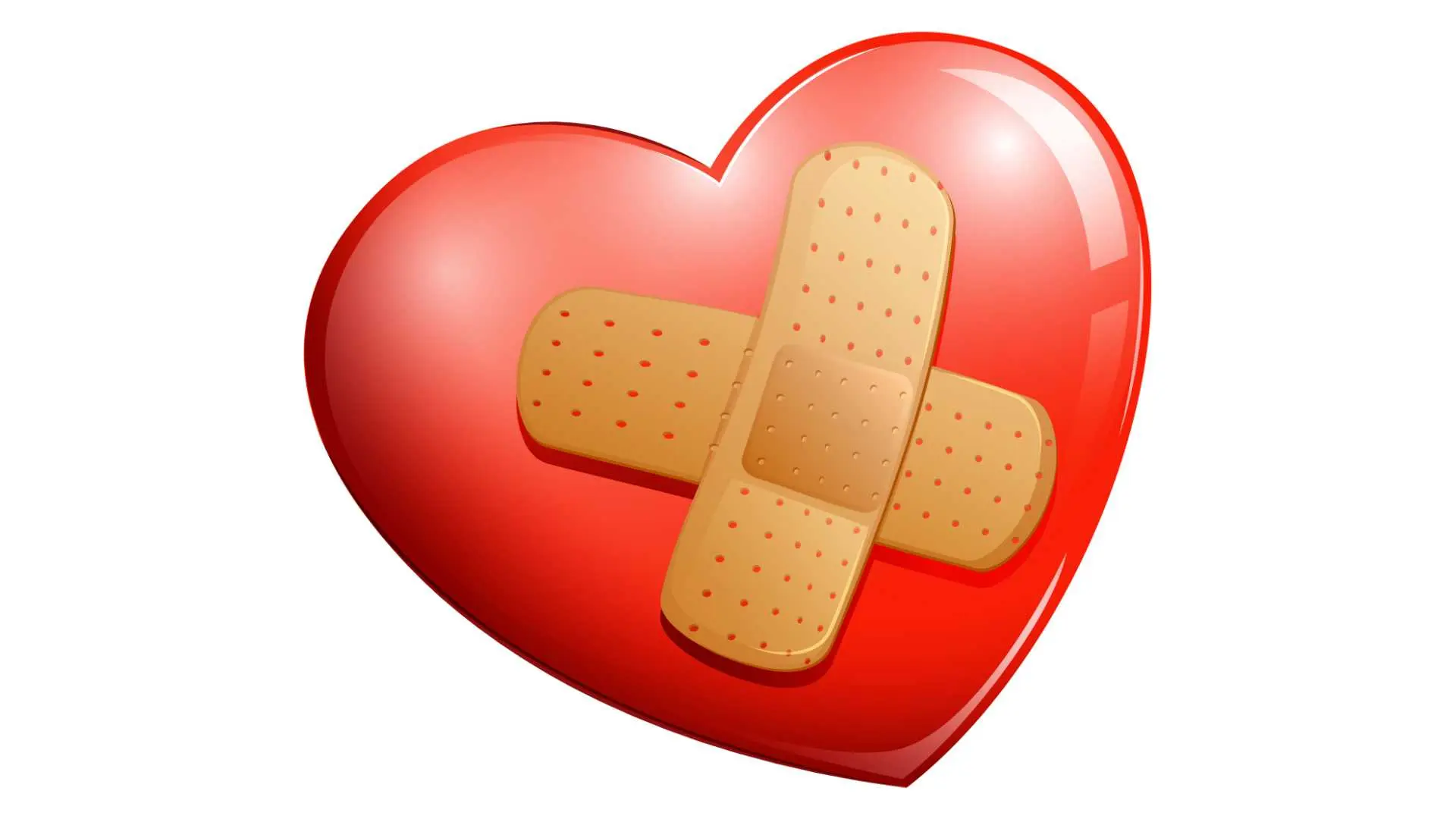
Life is pretty cruisey these days right! We have air-conditioned homes, cars and offices, calorie rich food in ready supply, (often at the touch of a button), we have machines which makes every day chores like laundry easy, escalators to take us up stairs and sun screens to stop our skin burning. Surely with all this new technology our bodies should be thanking us, right? Well, there is a new (or perhaps an old) school of thought emerging that claims small doses of a physical stress, which may otherwise kill us in large doses, is actually really good for us. The idea is that the body responds to the small stress by activating process within each of our cells that promote adaptation and protective antioxidant production. Within the cell the focus switches from growth and replication to a focus on repair and a clean up or recycling of damaged cell components.
Some examples of such stresses or challenges include getting a little too much sun, exercising a little more than usual or accidentally getting caught in a storm without our coat in the middle of winter. Our body responds by building capacity against such a challenge so that next time it happens we are better prepared. You know this is true from the fact that you begin to tan after sun exposure, your muscles strengthen and tone and you get fitter after exercising and you adapt to the cold weather after the first few weeks of winter. It seems the same is true of fasting. Yes, the practice which has been shunned for a number of years is now making a come back. I’m not talking about eating nothing for days on end. That’s moving more towards the “what can kill you” end of the scale. Simply reducing your intake for a few days a week will do it. (However, this is still not recommended for anyone currently unwell or suffering diabetes, without professional supervision.) This could be the secret behind the success many people have had with the 5:2 diet. The benefits from the body’s response to decreased calorie intake include improved insulin sensitivity, lower inflammation, better brain function, reduced blood pressure, improved stress resistance, lower cholesterol, enhanced detoxification processes and of course, weight loss. All of which equates to a lower potential for cancer and cardiovascular disease, and a longer life. It really does seem that what doesn’t kill you can not only make you strong, but can actually make you live longer.

